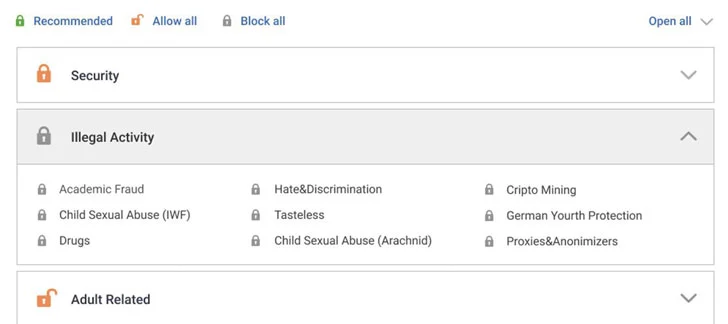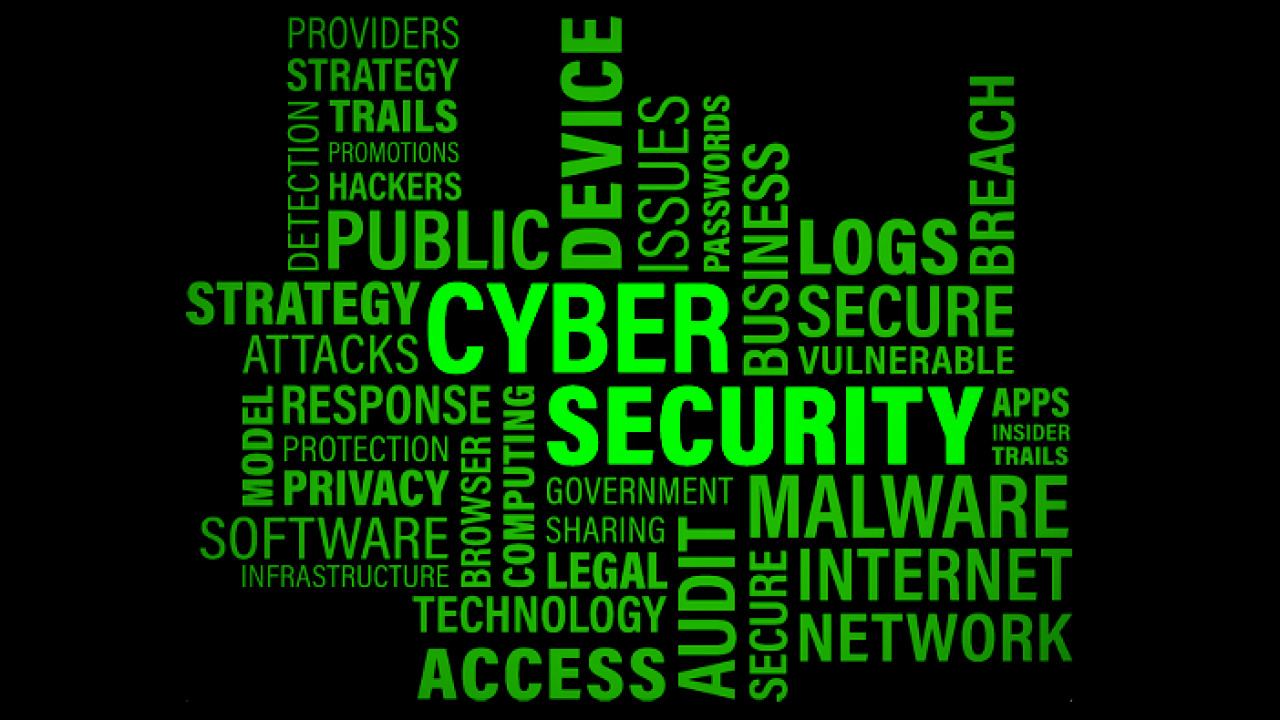Providing public Wi-Fi is a great service to offer your customers as it becomes more and more standard in today’s society. I like the fact that I do not have to worry about accessing the Internet while I am away, or spending a lot of money on an international connection, or just staying offline while I am away.
With public Wi-Fi, modern life has become a constant connection to the Internet, whether we are on the bus, on the way to school or work, waiting for our flight in the airport or during the flight itself, or doing our homework or working on our projects in a café.
We do business and communicate online in a variety of ways. We check our work emails, chat with our friends, and even take business calls online through the service.
According to recent statistics, there are about 410,000 public Wi-Fi hotspots in the United States alone, in public places such as parks, libraries, public transportation, and train stations.
Cons of using public Wi-Fi
Despite the many benefits that public Wi-Fi has to offer, there are also some downsides that could be a reason to either avoid it altogether or take precautions to be safe when using it.
When you use public Wi-Fi, it means that you are potentially vulnerable to a lot of cyber threats such as malware, viruses, hacking and other forms of intrusion. It also provides an opportunity for cyber criminals to commit virtual crimes and harm Internet users.
Compliances for public Wi-Fi
Governments and organizations have begun enforcing certain measures that public Wi-Fi hotspot providers must take to ensure they are complying with the law to keep hotspots secure. Examples include CIPA, IWF, GDPR, and Friendly Wi-Fi compliances, to name a few.
They require public Wi-Fi providers to take certain precautions, such as data protection and DNS filtering.
DNS filtering service for public Wi-Fi
Having a reliable DNS filtering service could add an extra layer of protection to your public Wi-Fi by stopping cyber threats like malware, ransomware, phishing and botnets before they can reach the network device. Besides, you’ll be able to filter out undesirable content such as pornographic material, violence and drug-related content to make sure your network is family-friendly and you’ll receive fewer complaints. It is also possible to block certain websites, such as Netflix, torrents or other browsers that consume a lot of bandwidth so that the Internet speed stays high.

In addition to these, you can also receive or check live reports that list which websites are visited through your network, so you can track what your clients are interested in and show them more relevant advertisements.
SafeDNS
SafeDNS has been providing excellent cloud-based web filtering for more than a decade. Their services include friendly 24/7 support, affordable pricing, easy deployment and management (you can start filtering in minutes), and many other features.
You may also enjoy reading, The definitions of “recently” and “discovered” leave a lot to be desired
Stay informed of the latest Cybersecurity trends, threats and developments. Sign up for RiSec Weekly Cybersecurity Newsletter Today




